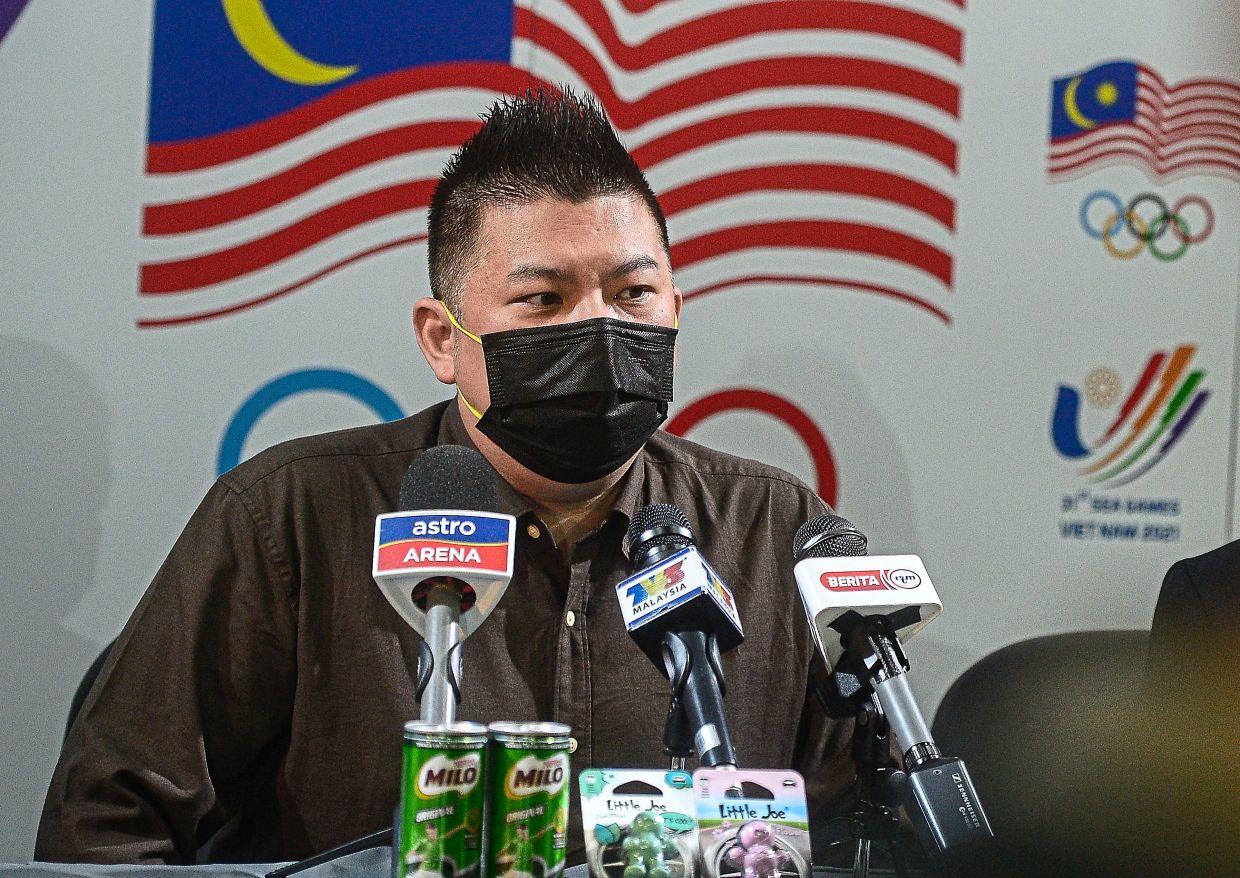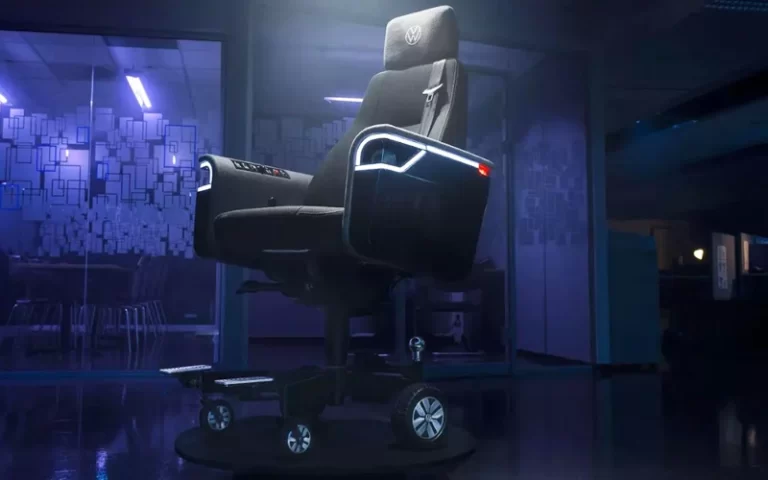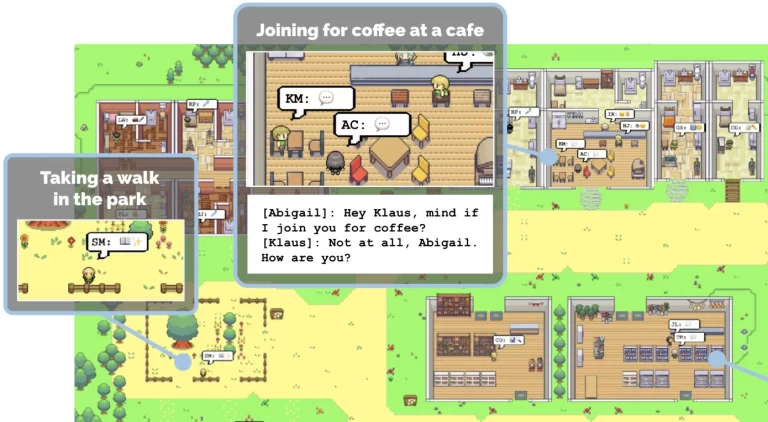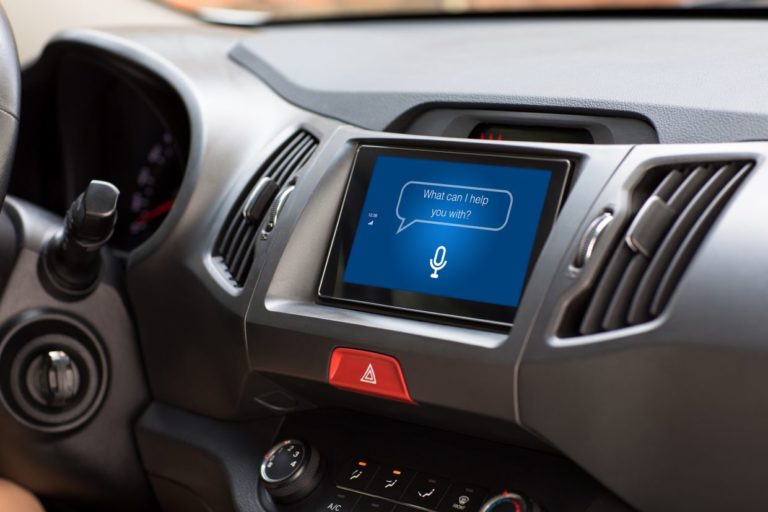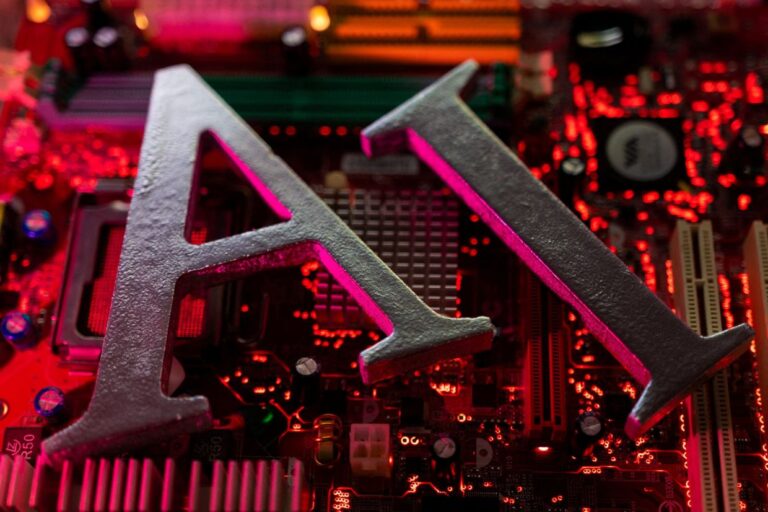Building a career and community in esports
By The Star – Apr 4, 2022
A version of this article was first published on The Star
CHANGING roles is common in esports, as players often switch classes, say, from Tank to Healer or Jungler to Support.
For Kelvin Pang Ching Kuen, who spent 21 years in the industry, his role evolved from gamer to tournament organiser and now to team manager of the Malaysian esports contingent for the upcoming SEA Games in Hanoi, Vietnam.
“I started like most: as an enthusiast, then a player in cybercafes. Frankly, I wasn’t great,” the 39-year-old recalls with a laugh.
A former swimmer in the national age group swimmer category while in secondary school, he discovered his competitive streak at a young age.
The Kuching native noticed a disparity in skill levels between gamers from East and West Malaysia and believed that professional tournaments could help close the gap.
To jumpstart the transformation, he approached the World Cyber Games (WCG) to bring the international esports tournament to his hometown. He clinched the deal – his first big break – and got to organise the WCG in Sarawak in 2003.
“There was an entry fee for gamers, but when I tried to pass it back to the WCG team, they told me to keep it as payment for organising the tournament.
“And that’s when I realised there was money to be made in this field,” he says.
As Pang notes, while many enter the industry for the love of video games, players can’t expect to compete indefinitely due to the limited career lifespan of esports athletes.
However, there is a lot of room to grow, he says, suggesting that veteran players leverage their experience to become coaches or commentators, or take on management roles in event organising.
“The local ecosystem is still maturing, and players have to plan their career progression accordingly. “Network with industry players, put yourself out there and, if the stars align, make a pact and strive towards success together because growing in this industry cannot be done alone,” he advises.
When asked if he ever considered leaving the industry, Pang reveals that he took a break from esports to pursue a Master’s Degree in International Business and Finance at La Trobe University in Melbourne, Australia in 2007.
Even while studying, he couldn’t shake his passion for video games and took up a part-time job running a cybercafe.
“I really couldn’t keep away from the industry. On the bright side, learning business skills came in handy, even though I ended up in an esports team instead of a bank,” he says, referring to his role as team Orange Esports general manager.
However, he left Orange to avoid a conflict of interest when he accepted a position with the Malaysian Esports Federation (MESF).“We have to lead by example – I wanted to avoid nepotism or favouritism and show that in esports, it’s merit that matters,” he says.
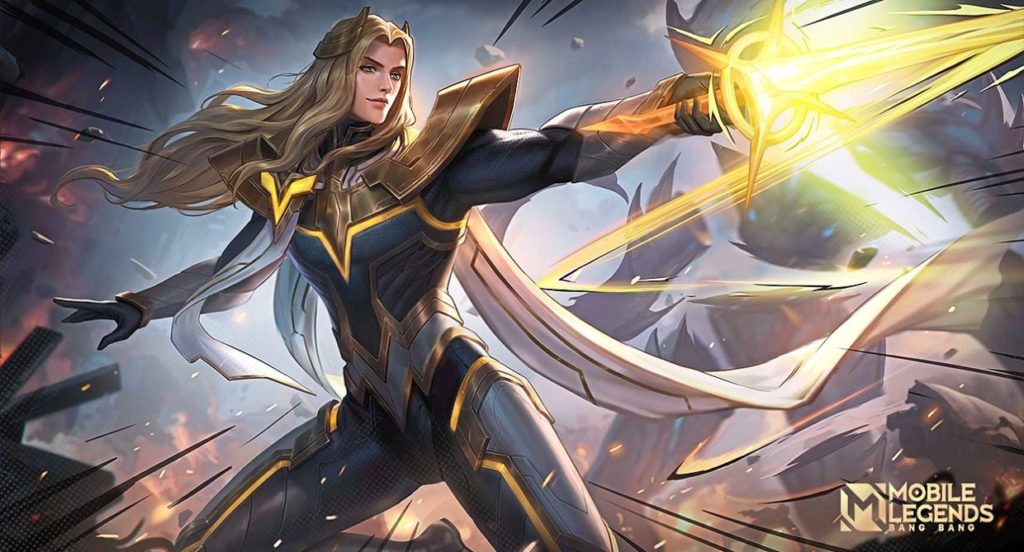
It worked out for the best, he explains, as the players from Orange ended up being chosen to represent Malaysia at the SEA Games for the multiplayer online sports simulation game Fifa Online 4.The country will be competing in eight of the 10 esports medal events at the SEA Games, namely Mobile Legends: Bang Bang (MLBB), PlayerUnknown’s Battlegrounds Mobile (solo and squad categories), League Of Legends, Wild Rift (men’s event), Garena Free Fire and Arena Of Valor.
Malaysia is not sending representatives for first-person shooter CrossFire or for the women’s event for Wild Rift.
The contingent aims to bag at least four medals in esports, having snagged a gold medal in Hearthstone and a bronze medal for MLBB in 2019.
The SEA Games, initially postponed due to the pandemic, starts on May 12. It will be the 31st SEA Games and the second time with Hanoi as host.

